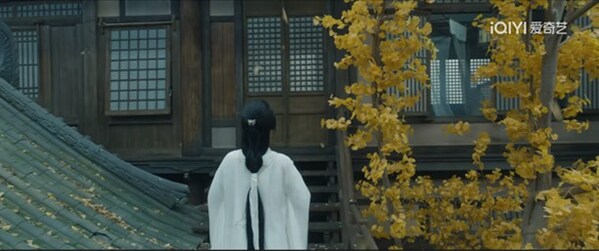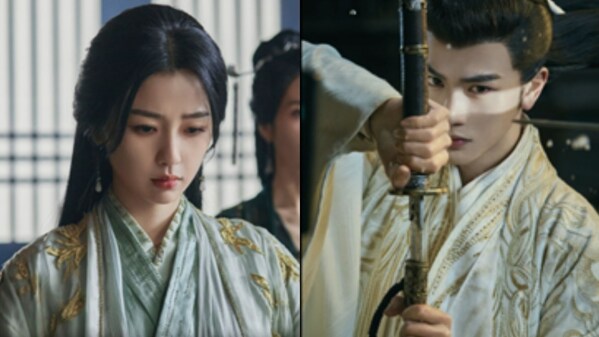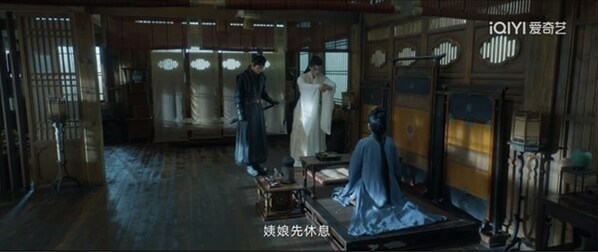 |
BEIJING, Sept. 5, 2023 /PRNewswire/ — On Sep. 2, iQIYI, an innovative market-leading online entertainment service in China, launched Wuxia drama My Journey To You, which has garnered immense popularity among both domestic and global viewers. Specifically, the drama’s captivating utilization of distinctive Chinese aesthetics, ranging from exquisite costumes to intricate hairdos, beautifully showcases the richness and uniqueness of Chinese artistic elements, appealing to audiences worldwide..
The drama, which chronicles the journey of a female spy in ancient times as she navigates love, friendship, and self-discovery, has achieved remarkable success. It has claimed top spot on the list of dramas on iQIYI International in United States, Vietnam and South Korea, while also ranking in top three across all other key overseas markets.
In addition to its captivating plot, this drama is set apart from the others with its meticulous production, elegant presentation and skillful incorporation of diverse elements of Chinese aesthetics from various dynasties.
The characters’ makeup and hair are largely inspired by terracotta figurines from the Qin and Han Dynasties. For example, the female leading character’s hairstyle is inspired by ancient women’s hair bundles, and similar hairstyle references can be found in a number of figurines excavated in ancient tombs.
The costumes draw inspiration from a rich tapestry of sources, encompassing not only multiple dynasties but also ethnic minorities and intangible cultural heritage. For example, the heroine’s wedding dress takes its styling cues from a terracotta figurine dating back to the Later Shu period, while another lady’s costume incorporates the geometrical graphics found in Song Dynasty’s yarn damask.
Meanwhile, the male characters’ attire showcases a fusion of feather embroidery, Suzhou embroidery, gold embroidery, bead embroidery, and elements inspired by Miao embroidery design.
The play adheres to ancient etiquettes, for instance, the depiction of female characters kneeling is reminiscent of the Han Dynasty’s portrayal of a female figurine, while the image of male characters sitting is similar to the Qin Mausoleum. Notably, all the characters in the play maintain an upright posture, a practice known as "sitting in peace" or "kneeling," which has been a longstanding and oldest tradition in formal occasions throughout China’s history.
CONTACT: iQIYI Press, press@qiyi.com




